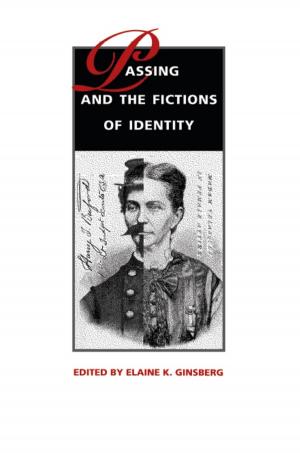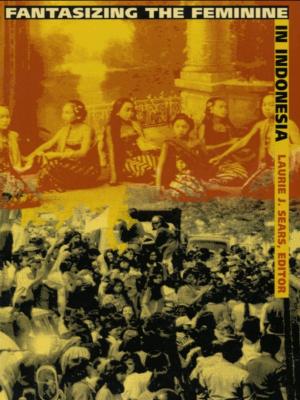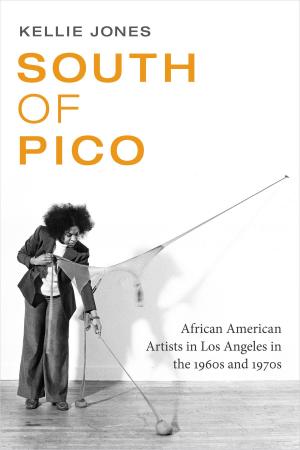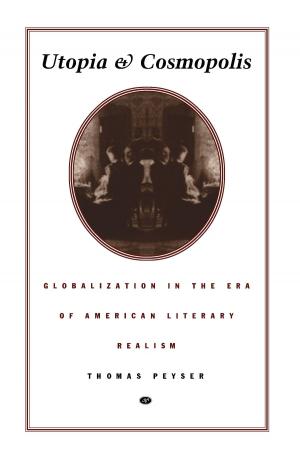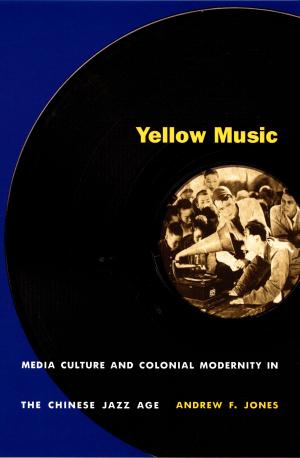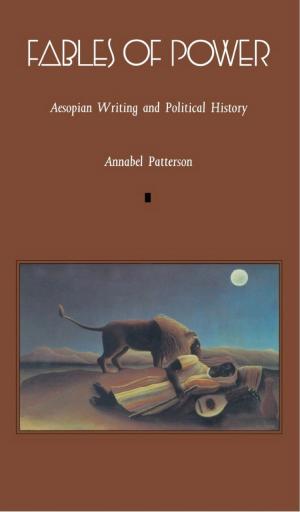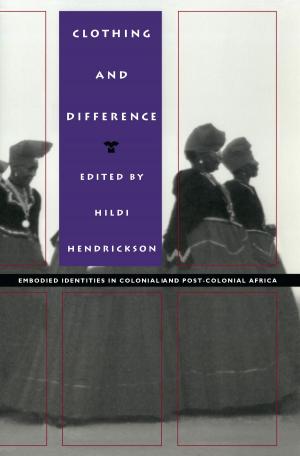| Author: | Rubén Darío | ISBN: | 9780822385448 |
| Publisher: | Duke University Press | Publication: | March 29, 2004 |
| Imprint: | Duke University Press Books | Language: | English |
| Author: | Rubén Darío |
| ISBN: | 9780822385448 |
| Publisher: | Duke University Press |
| Publication: | March 29, 2004 |
| Imprint: | Duke University Press Books |
| Language: | English |
Renowned for its depth of feeling and musicality, the poetry of Rubén Darío (1867–1916) has been revered by writers including Federico García Lorca, Pablo Neruda, and Octavio Paz. A leading figure in the movement known as modernismo, Darío created the modern Spanish lyric and permanently altered the course of Spanish poetry*.* Yet while his output has inspired a great deal of critical analysis and a scattering of translations, there has been, until now, no complete English translation of any of his books of poetry. This bilingual edition of Darío’s 1905 masterpiece, Cantos de vida y esperanza, fills a crucial gap in Hispanic and world literature studies. Will Derusha and Alberto Acereda have provided not only an elegant English translation of Darío’s work but also an authoritative version of the original Spanish text.
Written over the course of seven years and in many locales in Latin America and Europe, the poems in Cantos de vida y esperanza reflect both Darío’s anguished sense of modern life and his ecstatic visions of transcendence, freedom, and the transformative power of art. They reveal Darío’s familiarity with Spanish, French, and English literature and the wide range of his concerns—existential, religious, erotic, and socio-political. Derusha and Acereda’s translation renders Darío’s themes with meticulous clarity and captures the structural and acoustic dimensions of the poet’s language in all its rhythmic sonority. Their introduction places this singular poet—arguably the greatest to emerge from Latin America in modern literature—and his best and most widely known work in historical and literary context. An extensive glossary offers additional information, explaining terms related to modernismo*,* Hispanic history, mythological allusions, and artists and writers prominent at the turn of the last century.
Renowned for its depth of feeling and musicality, the poetry of Rubén Darío (1867–1916) has been revered by writers including Federico García Lorca, Pablo Neruda, and Octavio Paz. A leading figure in the movement known as modernismo, Darío created the modern Spanish lyric and permanently altered the course of Spanish poetry*.* Yet while his output has inspired a great deal of critical analysis and a scattering of translations, there has been, until now, no complete English translation of any of his books of poetry. This bilingual edition of Darío’s 1905 masterpiece, Cantos de vida y esperanza, fills a crucial gap in Hispanic and world literature studies. Will Derusha and Alberto Acereda have provided not only an elegant English translation of Darío’s work but also an authoritative version of the original Spanish text.
Written over the course of seven years and in many locales in Latin America and Europe, the poems in Cantos de vida y esperanza reflect both Darío’s anguished sense of modern life and his ecstatic visions of transcendence, freedom, and the transformative power of art. They reveal Darío’s familiarity with Spanish, French, and English literature and the wide range of his concerns—existential, religious, erotic, and socio-political. Derusha and Acereda’s translation renders Darío’s themes with meticulous clarity and captures the structural and acoustic dimensions of the poet’s language in all its rhythmic sonority. Their introduction places this singular poet—arguably the greatest to emerge from Latin America in modern literature—and his best and most widely known work in historical and literary context. An extensive glossary offers additional information, explaining terms related to modernismo*,* Hispanic history, mythological allusions, and artists and writers prominent at the turn of the last century.


